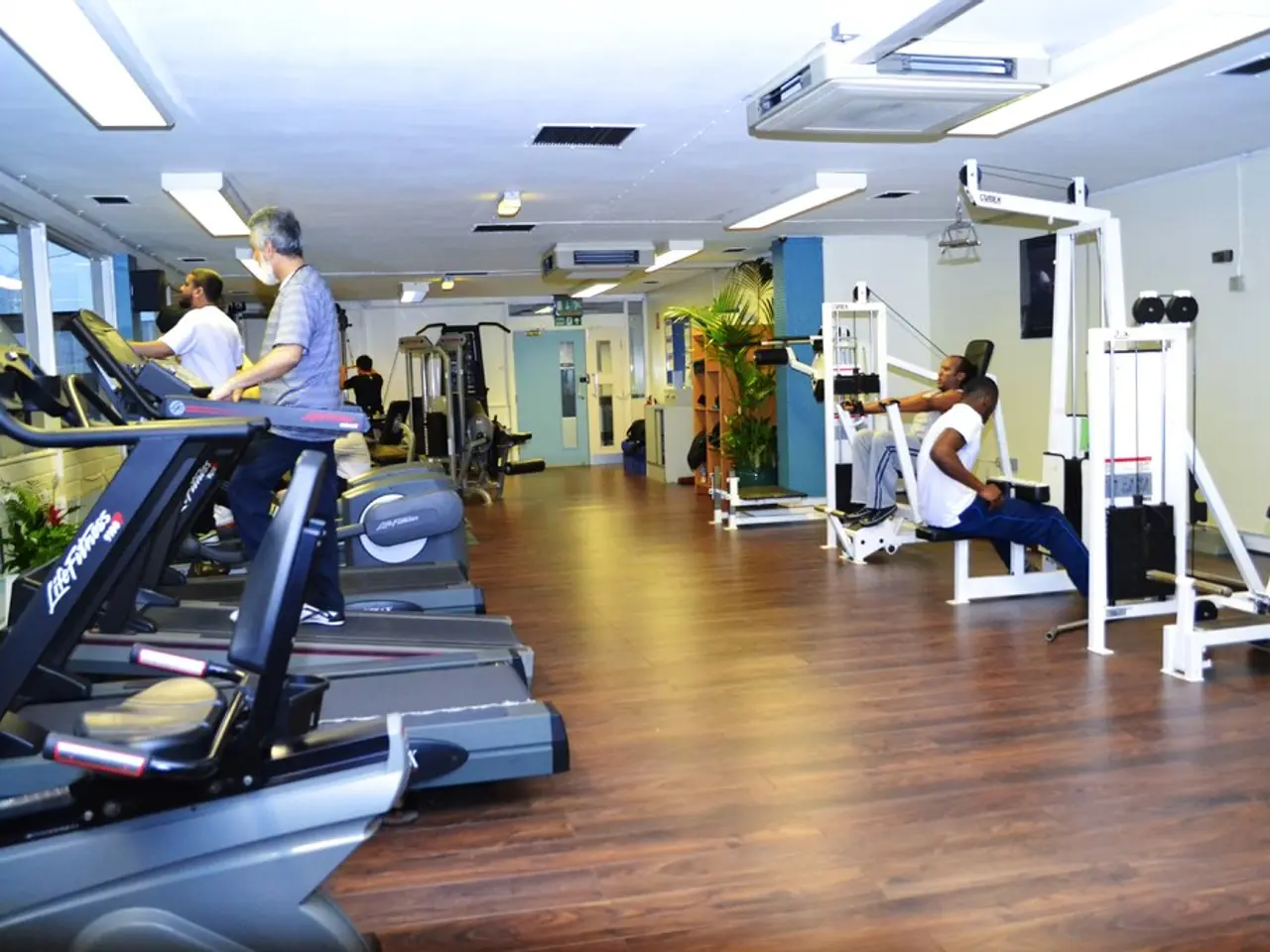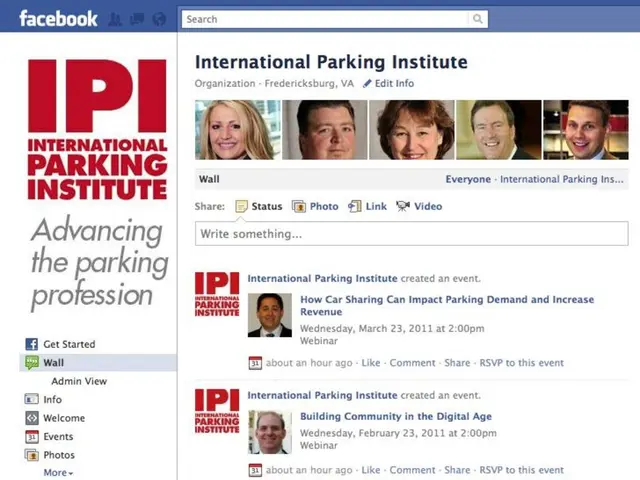Guide to Launching a Home-Based Fitness Enterprise
Starting a fitness business from home can be an exciting venture, but it requires careful planning and consideration. Here are some essential steps to help you get started.
Qualifications and Certifications
To launch a successful home-based fitness business, it's important to get qualified with a Personal Trainer Diploma, which combines the Level 2 Fitness Instructor and Level 3 Personal Training Qualification. This will equip you with the necessary skills to deliver effective workout sessions.
Legal Requirements
When starting a business from home, ensure you have the necessary permissions. Some agreements made when signing a mortgage or renting a property may restrict home-based businesses, so it's essential to check with your landlord or local council.
DBS Checks
If you plan to work with children, young people, or vulnerable adults, you will need a Disclosure & Barring Service (DBS) Check. As a self-employed individual, you can only apply for a Basic DBS Check yourself. However, for Standard or Enhanced checks, you must apply through an authorised organisation (umbrella body).
Marketing
Effective marketing is crucial when starting a fitness business from home. This includes creating social media pages, using SEO content, developing an About page, and email marketing to establish brand awareness and gain the trust of potential clients.
Safety and Security
When inviting people to train in your home, it's important to invest in security features such as home security cameras, deadbolt protectors, and motion detector lighting to ensure safety for both yourself and your belongings.
Additional Qualifications
To expand your services and attract more clients, consider taking additional qualifications such as the Level 4 Sports Nutrition Course or other fitness-related courses like Level 4 Personal Training Courses, Level 2 Exercise to Music Course, or Level 4 Obesity Control & Weight Management.
Insurance
When coaching or instructing, it's necessary to get insured, with Public Liability insurance as a minimum, to cover legal liability if you injure another person or damage third-party property.
Planning and Budgeting
When setting up a fitness business from home, it's important to consider non-fitness aspects such as marketing, budgeting, and targeting a specific niche of fitness to effectively market your fitness business.
First Aid Training
When working with clients who may be elderly or pregnant, it is recommended to complete a first aid course offered by institutions such as St John's Ambulance or the British Red Cross.
Online Presence
Developing a website is beneficial to effectively sell your service and display relevant information for potential clients to enquire about your service. Paid ads on Google can also help get your brand in front of a specific audience.
In summary, starting a home-based fitness business requires careful planning, the right qualifications, and a commitment to safety and professionalism. By following these guidelines, you can launch a successful home-based fitness business.
- To initiate a home-based fitness business successfully, obtain a Personal Trainer Diploma that includes the Level 2 Fitness Instructor and Level 3 Personal Training Qualification.
- Before starting, verify that you have the permission to operate a home-based business as some property agreements may restrict such ventures; check with your landlord or local council.
- If working with children, young people, or vulnerable adults, undertake a Disclosure & Barring Service (DBS) Check, either individually for a Basic check or through an authorised organisation for Standard or Enhanced checks.
- Marketing is essential in a fitness business; create social media pages, utilize SEO content, develop an About page, and use email marketing to build brand awareness.
- For safety and security, invest in home security features like cameras, deadbolt protectors, and motion detector lighting when hosting training sessions at home.
- Expand your services and attract more clients by taking additional qualifications such as Level 4 Sports Nutrition Course, Level 4 Personal Training Courses, or other fitness-related courses.
- It's necessary to get insured, with Public Liability insurance as a minimum, to cover any legal liability in case of injury or damage to third-party property.
- Go beyond fitness aspects; plan and budget for non-fitness aspects like marketing, look into a specific niche of fitness, and complete a first aid course from institutions like St John's Ambulance or the British Red Cross.
- Establish an online presence by creating a website and considering paid Google ads to effectively promote your fitness service.








